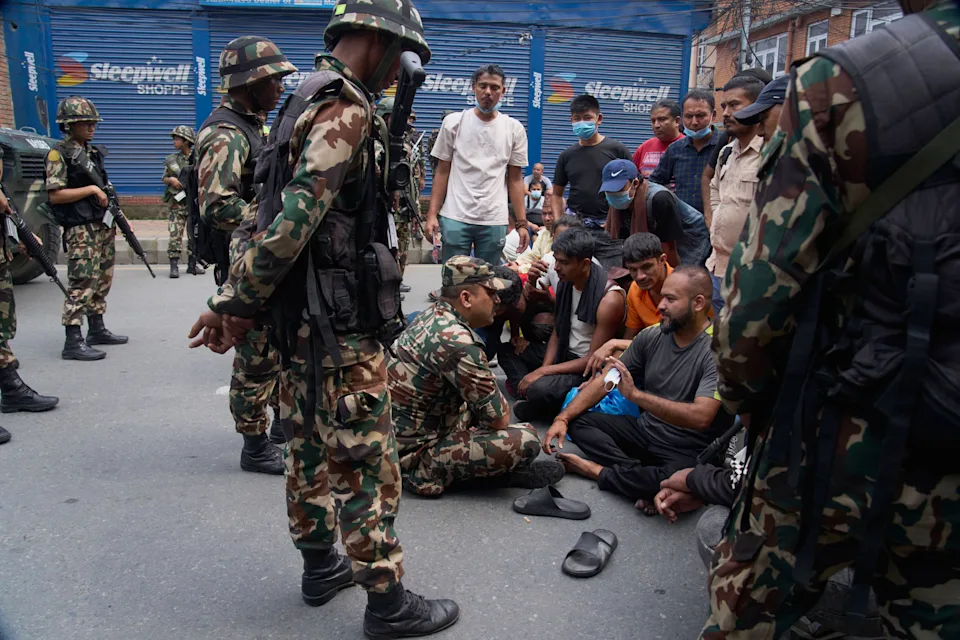Nepal finds itself at a critical juncture, with calls intensifying for new leadership amid escalating political turmoil and violent protests that have rocked the capital. The situation reached a tipping point when the Nepalese army was deployed to regain control of key streets after days of unrest that saw clashes between demonstrators and security forces, resulting in injuries and widespread disruption.
The recent wave of protests stems from deep-seated dissatisfaction with the current government’s handling of economic challenges and governance issues, fueling demands for a change at the helm. Political analysts note that Nepal’s fragile democracy has been tested repeatedly in recent years, with factions within the ruling party and opposition groups locked in bitter rivalry, exacerbating instability.
The army’s intervention, widely seen as a move to restore peace and prevent further escalation, involved securing vital government buildings and public spaces in Kathmandu. While the military insists its actions are aimed solely at maintaining law and order, critics warn that such measures could signal a shift toward authoritarian tendencies, raising concerns about the future of democratic governance in the Himalayan nation.
International observers have expressed apprehension over the unfolding events, urging all parties to engage in dialogue and find peaceful resolutions. The Nepalese people, meanwhile, remain anxious as uncertainty looms over the country’s political direction and the timeline for electing or appointing new leadership capable of addressing the nation’s pressing challenges.
As the dust settles on the recent violence, Nepal stands at a crossroads, with the army’s presence underscoring the urgency of political reforms and the need for inclusive governance to rebuild trust and stability in this diverse and historically resilient nation.

